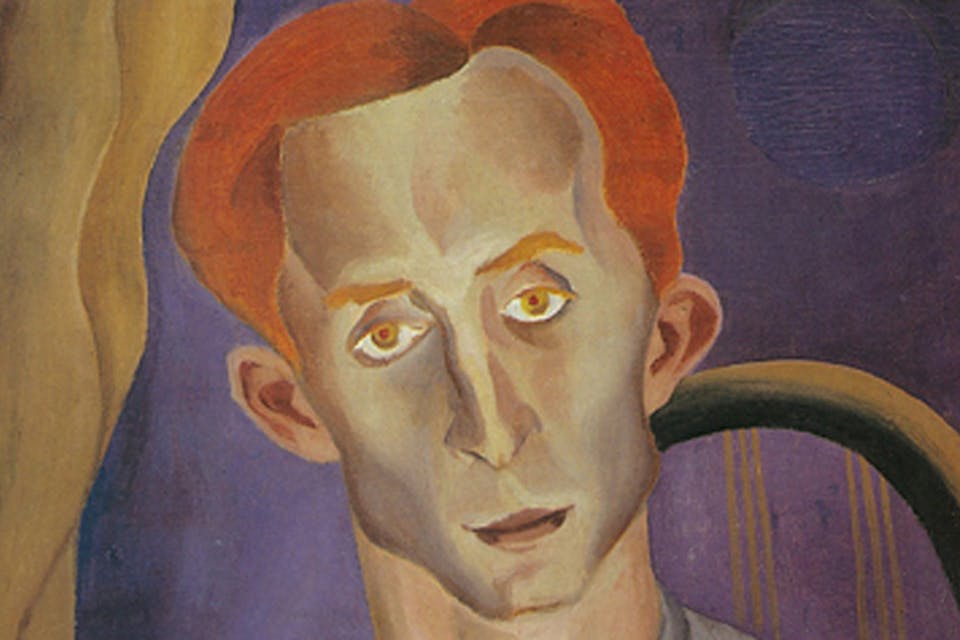
April 15, 2015
An Unknown Yiddish Masterpiece That Anticipated the Holocaust
Written in 1923, "In the Crucifix Kingdom" depicts Europe as a Jewish wasteland. Why has no one read it?
In a dark Yiddish masterpiece that predated the Holocaust by two decades, the poet Uri Zvi Greenberg envisioned the annihilation of Jewish life in Europe. Today, seven decades after that vision became cataclysmic reality, as Jews this week observe the annual commemoration of the Holocaust on Yom Hashoah, and as the Jewish horizon in Europe darkens once again, his work speaks with fresh immediacy.
Greenberg (1896-1981) was not only one of Yiddish literature’s foremost modernists but arguably the greatest Hebrew poet of the last hundred years. If his name is unfamiliar today, that is because he inhabits a strange kind of cultural quarantine. Literary critics in Israel acknowledge his titanic stature, yet in a country that pays high honor to its writers, he has never been part of Israel’s school curriculum, and you won’t find him among the quartet of 20th-century Hebrew poets whose faces were recently added to Israeli banknotes. Nor is much of his work—including In malkhes fun tseylem (“In the Crucifix Kingdom”), which I offer here for the first time in English translation—available in English.
Raised in a Ḥasidic household in the city of Lvov, Greenberg began publishing poems in both Hebrew and Yiddish when he was sixteen. He experienced the horrors of World War I as a soldier impressed into the Austrian army, one of the few in his platoon to survive the bloody assault on Belgrade. After his return from the Serbian front to the devastated Jewish community of Galicia, he and his family were nearly murdered during one of the many postwar pogroms carried out by Russians, Poles, and Ukrainians. By the early 1920s, having moved to Warsaw and then Berlin, Greenberg concluded that both European civilization and the Jews’ place in it were on the verge of collapse, and that drastic steps needed to be taken.